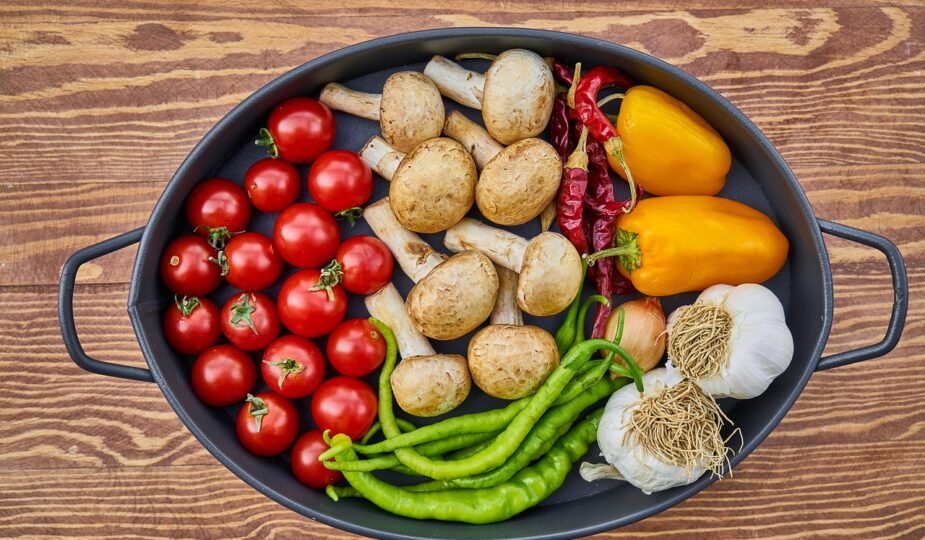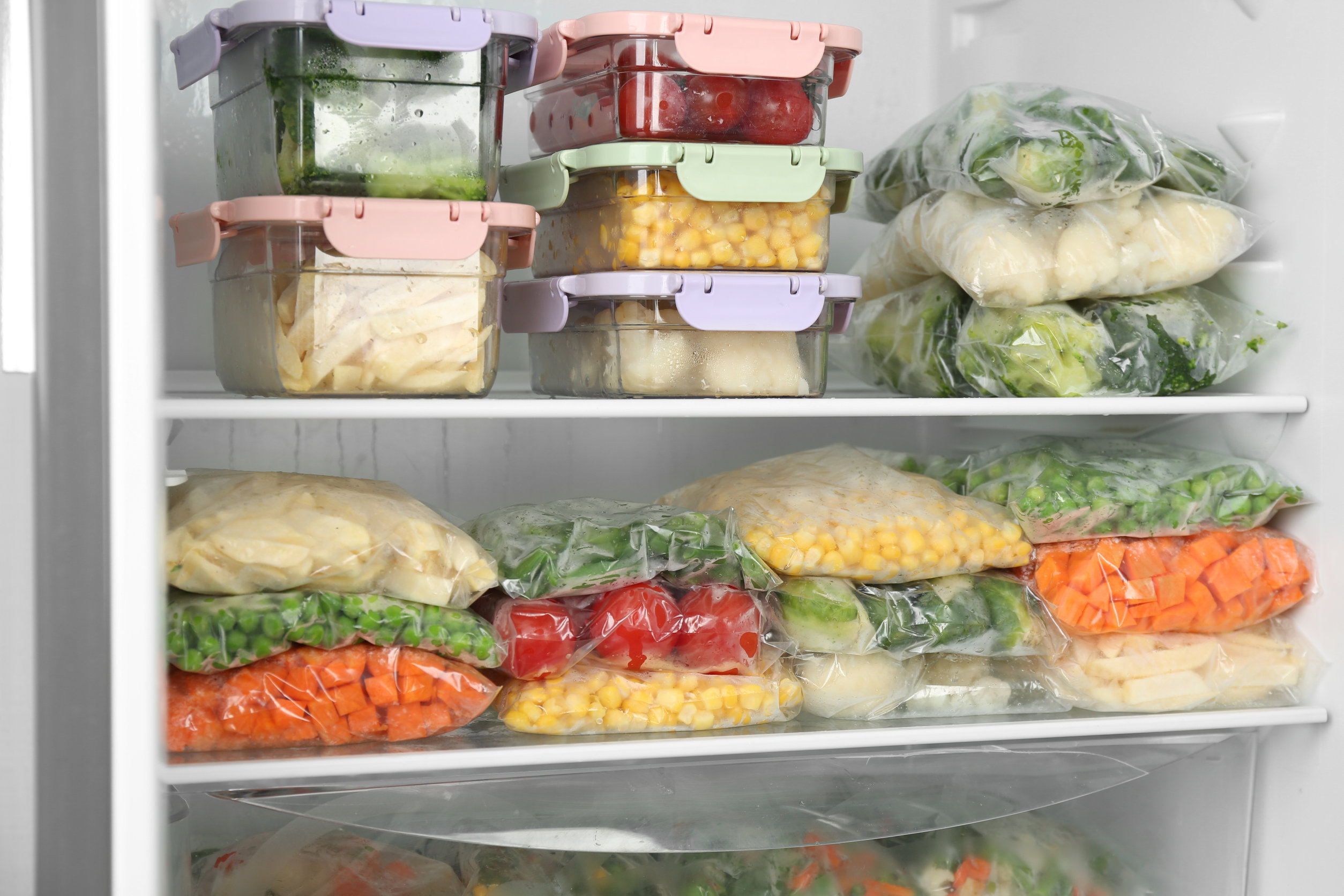
6 Time-Saving Tips for Eating Healthy When You’re Busy
When eating healthy becomes your goal, a few lifestyle tweaks are often necessary. The traditional ways of getting fitter and healthier include cooking at home, avoiding processed snacks, and getting more exercise. With a busy schedule, however, these options might not be viable for everyone.
For many of us, eating healthy means taking the time to prep meals, buying whole ingredients, and learning new recipes. On the other hand, you may already have several things to do. There’s your job, home chores, family, friends, and a lot more to focus on. At times, it might even feel like ordering takeout is a life-saver – regardless of how unhealthy it could be!
All of these hurdles don’t mean that you can’t have a healthy eating lifestyle. With so many of you not having enough time to take care of your health, it’s important to consider some tips and tricks to help you achieve such goals.
So, let’s have a look at some of these time-saving tips now:
1. Cook in Big Batches
You may not have time to cook every day of the week. However, when you do get the chance, take this opportunity to save something for an extra-busy day. If you have the right kitchen equipment, look up some slow cooker recipes that yield large and freezable meals.
With these large batches, you can freeze some portions and use them another time. This way, fast food and processed food won’t be the obvious choice when things get too chaotic.
You can also use this time to freeze semi-cooked meals. For instance, pour chicken broth into a few boxes and freeze it. Pull it out when you need to make soup, or add the broth to a curry.
2. Have Alternatives to Fresh Produce
Feeling overwhelmed by the daily recommended servings of veggies and fruit? You’re not alone; the consumption of fresh produce can be a challenge for many busy folks. Buying them can be a hassle; you may not find the ones you like at a nearby store, or they’re too expensive for daily purchases. The almost daily expense is another factor. It’s also a waste of money if the fresh produce wilts or rots if not consumed in time.
There’s also the fact that washing and preparing the produce can take some time. Again, this isn’t always possible with a busy routine.
If you’ve been worried about not getting enough fruits and veggies in your diet, consider keeping some alternatives around. You may be surprised to know that canned and frozen options can retain almost as many nutrients as the fresh kind. These can help to provide nourishment even when you don’t have much time. At times, these versions can be more cost-effective than the fresh kind.
You can serve canned or frozen veggies as a side dish after heating them up. It’s also possible to sauté them, blend them into a smoothie, or just defrost and enjoy with a dip.
3. Chop and Save
If a recipe calls for just half an onion, chop the whole thing. The same goes for when you’re chopping ingredients like carrots, peppers, and so on. Most vegetables freeze easily, and you can pop the chopped ingredients in the freezer for later use.
With enough chopped veggies stored away, you can grab what you need and throw it into the pot. It’ll be much easier to whip up a quick salad, stew, or soup this way. You can also add these frozen items to an egg scramble, stir-fries, or sauces.
If you are freezing ingredients, keep in mind that they might require some additional preparation. For instance, broccoli and other cruciferous vegetables should be blanched before freezing. It’s helpful to learn how to store your food so it lasts longer. This way, the ingredients won’t go bad and will be easier to utilize when needed. Along with the convenience, this practice will save a bit of money each month.

4. Try Snack Combinations
Don’t have the time or the ingredients for a quick, healthy meal? If you have healthy snacks on hand, why not throw them together to form a meal? It will allow you to get a variety of textures, flavors, nutrients, and colors on your plate. There will be minimal prep and cooking, if any. Plus, this type of healthy eating won’t get boring too quickly.
Here are some of the healthier snacks you can stock up on for those rushed days:
- Raw vegetables
- Healthy homemade dips
- Deli meats
- Dried fruit
- Nuts
- Crackers (unsweetened)
- Cheese
- Pumpkin seeds
- Sunflower seeds
Before you start making a snack platter for every meal, remember that many of these items are calorie-heavy. If you have cheese, for instance, pair it off with a load of vegetables.
5. Consider Pre-Prepared Foods
Most people are still wary of buying pre-cut and pre-bagged food at the supermarket. After all, it’s more cost-effective to buy the whole ingredients and chop them yourself.
However, one does have to think about the opportunity cost here. That time you spend chopping vegetables might be essential for achieving certain work goals.
Hence, don’t feel guilty about buying pre-prepared food. There are pre-cut veggie trays available in some stores, while others have whole pre-mixed salads. Get these for your table instead of any fast food options.
6. Stock Up on Condiments
Most of us are wary about buying condiments from the store. There’s logic behind this hesitation; sauces and spreads use large amounts of salt, sugar, and preservatives.
However, a dash of dressing or sauce can also enhance the flavor of your cooking. And, if it means that you eat more homemade food, getting some condiments might be a good idea.
You can also use different sauces for experimenting with meals. At the same time, keep an eye out for well-reputed brands that provide organic sauces with natural ingredients. Here are a few more tips for using condiments for healthy eating:
- Opt for bottles with only a few ingredients listed on them; these are more likely to have a natural blend.
- Try making some easy condiments at home, such as guacamole, vinaigrettes, or salsa.
- Swap the usual ketchup and mayo for more beneficial options such as mustard (low-calorie, no sugar), hummus, Greek yogurt, hot sauce, etc.
- If you use high-calorie condiments like mayonnaise, dilute them with yogurt, lemon juice, vinegar, or water.
Conclusion
Even with a packed and hectic schedule, you can plan a healthy diet. The methods above are a good start. At the end of the day, balance and moderation are key factors in healthy eating. Stay mindful of your eating choices as well as portions. With a little discipline and planning, you can eat flavorful meals without having to compromise on health.









